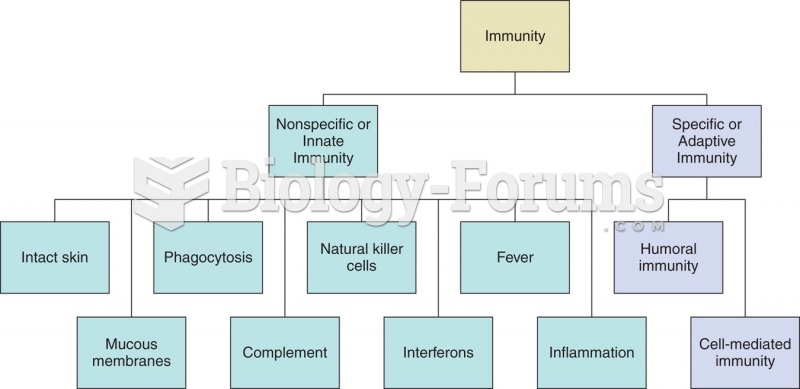Answer to Question 1
Coverage in these types of employment, to the extent there is coverage, varies from state to state as follows:
Agricultural employees have limited coverage in 38 states, Puerto Rico, and the Virgin Islands. In 15 states, workers' compensation coverage for agricultural employees is voluntary. In these states, employers are allowed to provide coverage if they wish, but are not required to do so.
Domestic employees have coverage available in all 50 states and Puerto Rico. However, coverage tends to be limited and subject to minimum requirements regarding hours worked and earnings.
Casual employees are employed in positions in which the work is occasional, incidental, and scattered at irregular intervals. Such employees are not typically afforded workers' compensation coverage.
Hazardous employment is the only type afforded workers' compensation coverage in some states. To qualify, a particular type of employment must be on an approved list of hazardous or especially hazardous jobs. However, the trend in these states is to broaden the list of approved jobs.
Charitable or religious employees are not afforded workers' compensation in most states when this work is irregular, temporary, or short-term.
Small organizations that employ fewer than a specified number of employees do not fall under the umbrella of workers' compensation in 26 states.
Railroad and maritime workers are not typically covered by workers' compensation. However, in most cases, they are covered by the Federal Employer's Liability Act. This act disallows the use of common law defenses by employers if sued by an employee for negligence.
Contractors and subcontractors are those who agree to perform a job or service for an agreed amount of money in a nondirected, nonsupervised format. In essence, contract and subcontract employees are viewed as being self-employed. For this reason, they are not covered by workers' compensation. Most states build in safeguards to prevent employers from setting employees they supervise up as subcontractors as a way to avoid paying workers' compensation premiums.
Minors are afforded regular workers' compensation coverage as long as they are legally employed. In some states the cost of coverage is significantly higher for minors who are working illegally.
Extraterritorial employees are those who work in one state but live in another. In these cases, the employee is usually on temporary duty. Such employees are typically afforded the workers' compensation coverage in their home state.
Answer to Question 2
Workers' compensation represents a compromise between the needs of employees and the needs of employers. Employees give up their right to seek unlimited compensation for pain and suffering through legal action. Employers award the prescribed compensation (typically through insurance premiums) regardless of the employee's negligence. The theory is that in the long run both employees and employers will benefit more than either would through legal action.







